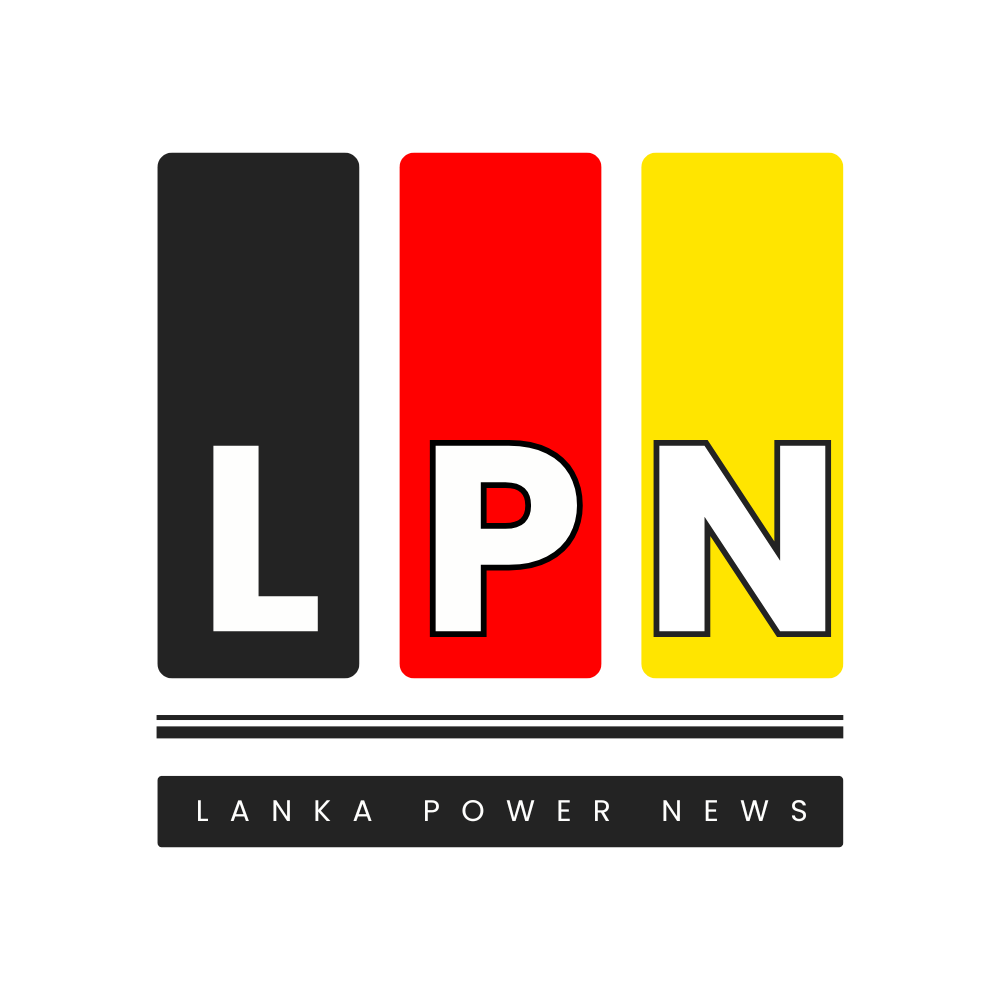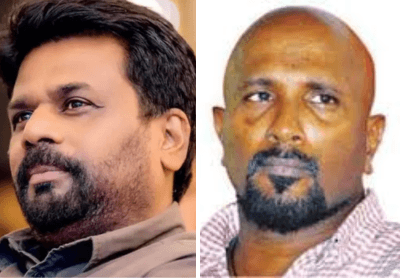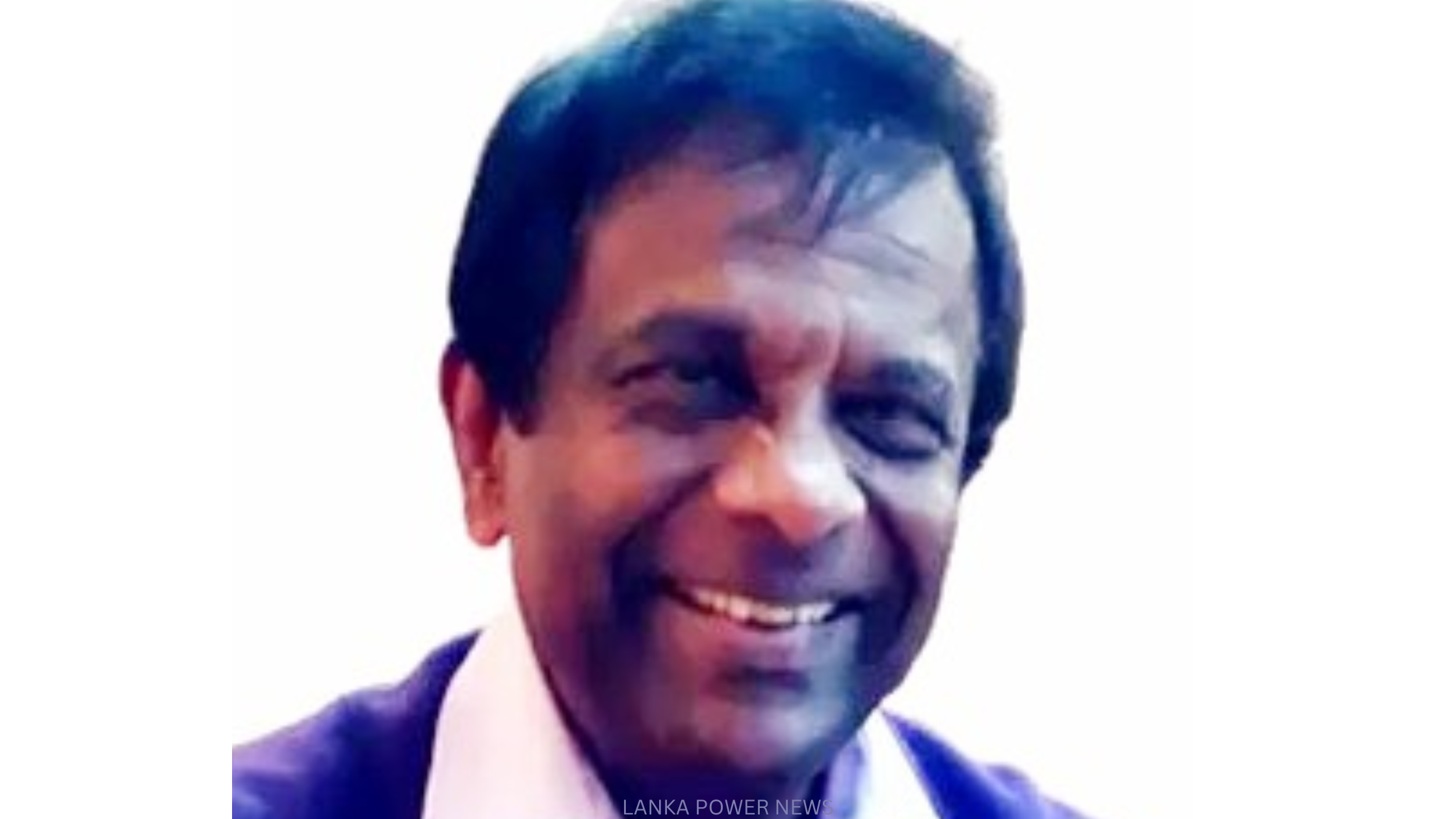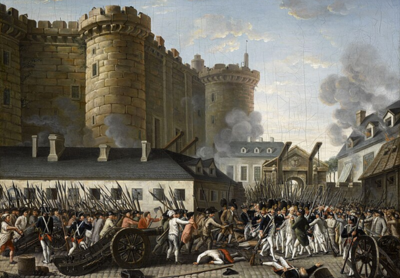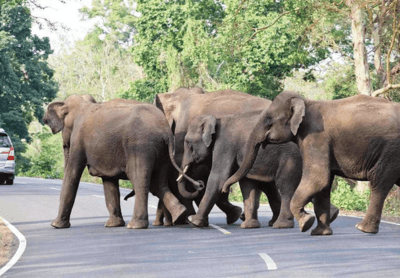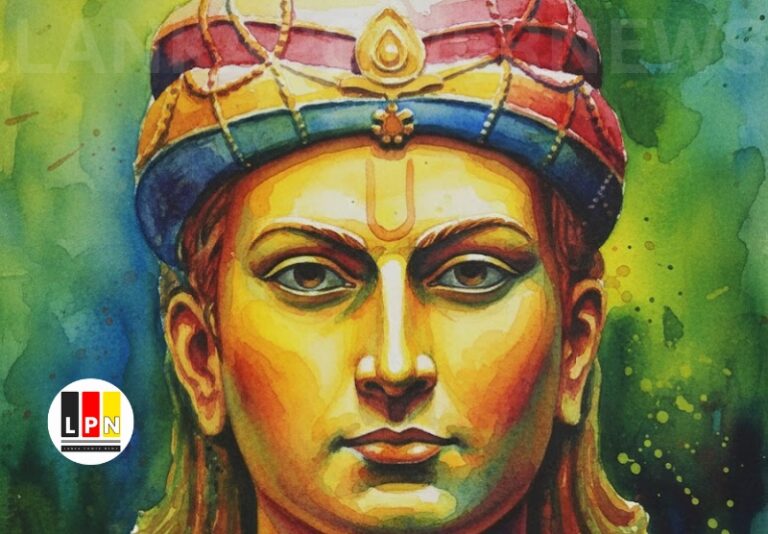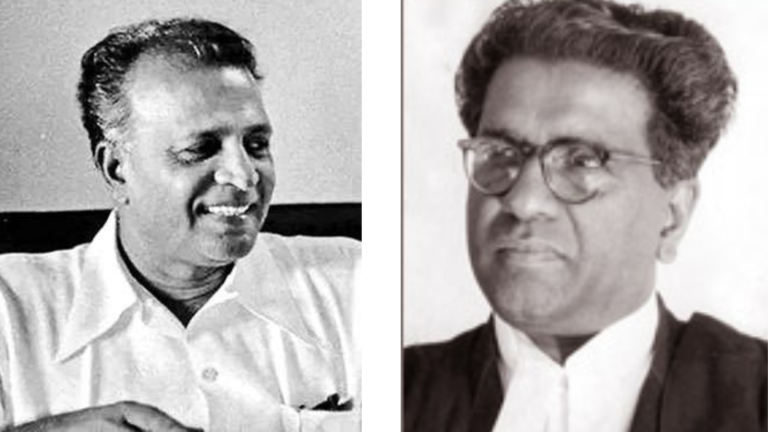Political Splits and the Rule of Law: Pledges and Practice..!
Political divisions are not new to Sri Lanka. Nor are they unique to our country. History is littered with disputes, breakaways, and betrayals – often among those who once marched under the same banner. The left, in particular, has long been characterized by factionalism, ideological feuds, and the inability to reconcile.
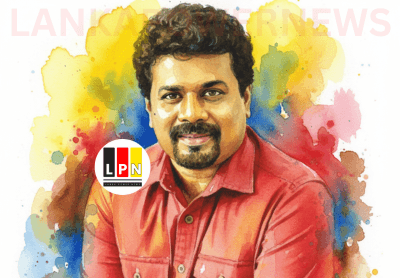
competing visions of reform and revolution.
From Stalin and Trotsky’s bitter clash after Lenin’s death, to the Sino-Soviet split of the 1960s, disputes within the socialist camp have repeatedly undermined its broader cause. Sri Lanka’s left has followed a similar pattern. The Janatha Vimukthi Peramuna (JVP) itself was born of these divisions, drawing from Moscow and Peking lineages. Later, its own offshoot, the Frontline Socialist Party (FSP), emerged after yet another rupture. Today, with the JVP at the helm of the National People’s Power (NPP), and the FSP on the outside, these old tensions continue to simmer. The recent violent seizure of the FSP’s office in Yakkala, allegedly by JVP-aligned actors backed by the state, has brought these rivalries into sharp public focus.
The NPP insists the matter was settled by a court ruling in its favour. The FLSP claims it was political thuggery dressed up as legality. What is clear is that violence was used where the rule of law should have sufficed. If there was indeed a binding court order, then its implementation should have been left to lawful authorities, not party loyalists with fists.
This dispute cannot be brushed aside as a mere property squabble. It goes to the heart of the NPP’s own election promise: to restore faith in the rule of law. Its manifesto, A Thriving Nation, A Beautiful Life, pledged an “independent and efficient administration of justice” as central to building democracy. That pledge rings hollow when political actors take the law into their own hands.
Party, Power and Personal Interest.
It is worth remembering that such conflicts are not confined to the left. The capitalist camp has fractured repeatedly too – the UNP giving rise to the Samagi Jana Balaveegaya (SJB), the Sri Lanka Freedom Party (SLFP) splintering into the Sri Lankan Mahajana Party (SLMP), the Sri Lankan Podujana Peramuna (SLPP) and others. These splits often revolve around power, wealth, and access to state resources. Property disputes are not new either: the UNP headquarters itself was built on contested land once earmarked for the JVP.
But the deeper issue is this: Sri Lanka has suffered for decades from political actors who place party, power and personal interest above democratic principle. When the state apparatus is used to intimidate or settle scores, citizens lose faith not just in the parties involved, but in the very idea of justice.
The rule of law is not a slogan for election platforms. It is the bedrock of any functioning democracy. It means that all – government and opposition, powerful and powerless alike – are subject to the same law, applied fairly and without fear or favour. Where it prevails, stability and legitimacy also follows it. Where it is absent, fear, disorder, and ultimately societal collapse are never far away.
For Not to Tarnish the Credibility.

If the NPP truly wishes to distinguish itself from the discredited political traditions of the past, it must demonstrate that it is willing to subject itself to the same rules it promises for everyone else. Violence, intimidation, and political repression will only tarnish its credibility and give ammunition to its opponents.
Sri Lankans have waited too long for a government that honors the principle of justice over the expedience of power. If the ruling coalition fails to live by the rule of law, its vision of A Thriving Nation, A Beautiful Life.
